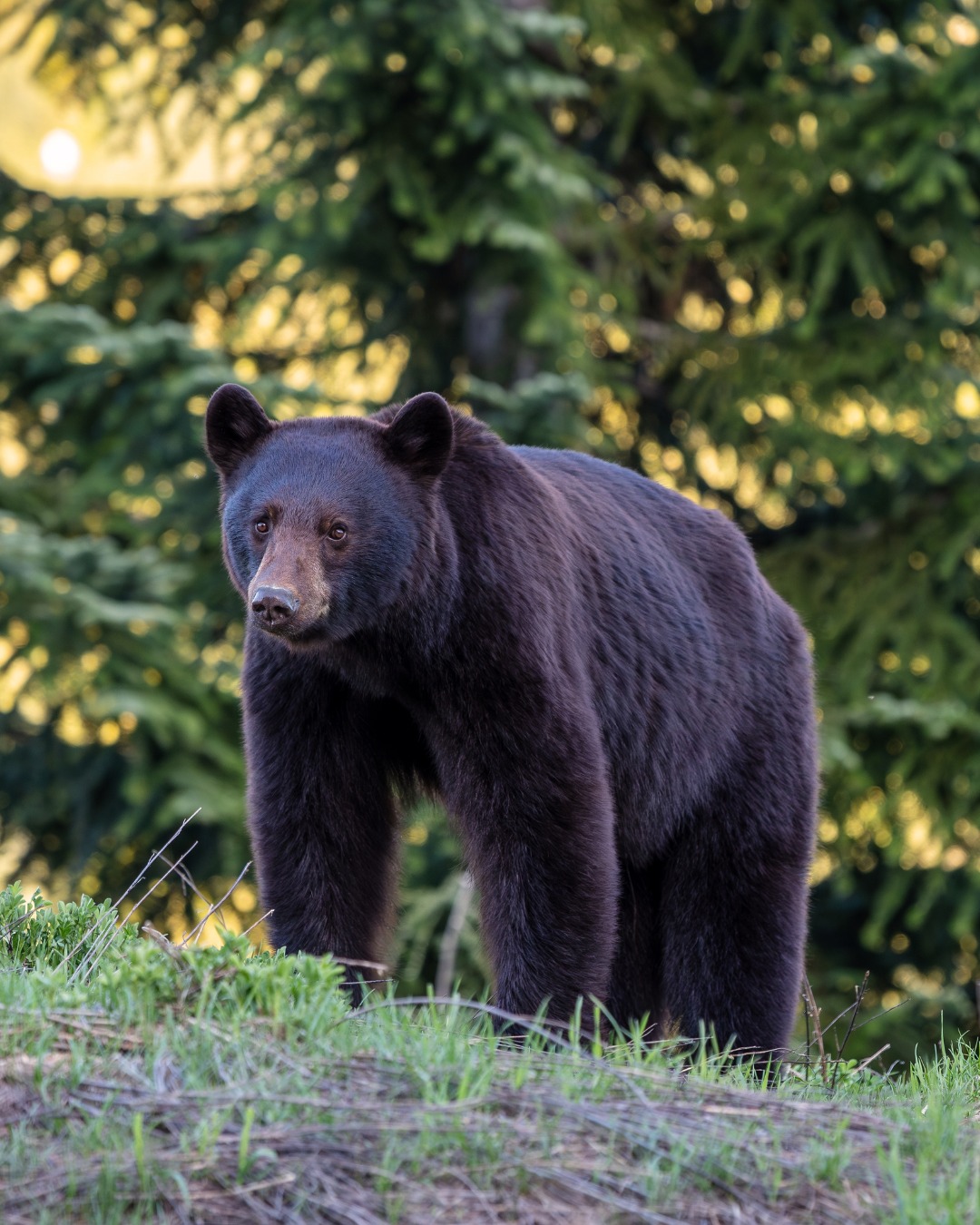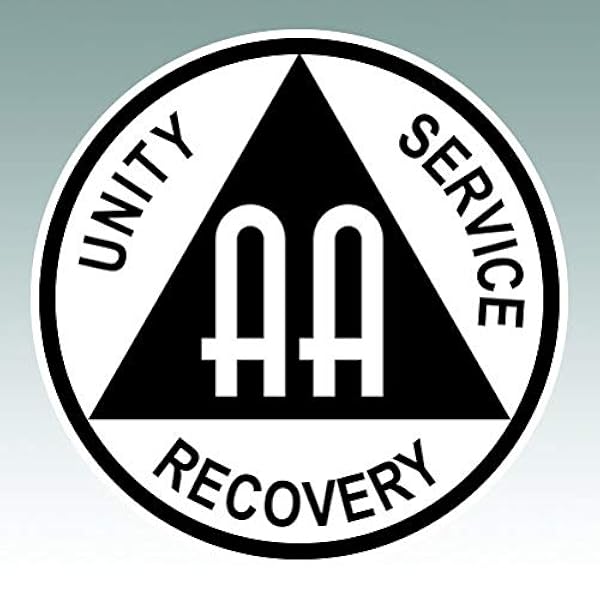Abbotsford/Chilliwack/Ottawa (Globe and Mail) – Canada absolutely needs to be a part of the emerging Pacific Rim trade network, Stephen Harper said in Quebec City, suggesting that signing a new trade deal is more important than protecting the country’s dairy and poultry farmers.
The Prime Minister said the Canadian position at the trade talks remains the same, namely that Canada’s supply management system needs to be protected. Still, he left no doubt as to what is his government’s priority in the negotiations.
“These negotiations are going to establish what will become the basis of the international trading network in the Asia-Pacific. It is essential, in my view, that Canada be part of that, that the Canadian economy be part of that,” Mr. Harper said.
“We are working to open those markets for Canada. At the same time, we are working to protect our system of supply management and our farmers in other sectors. Canada always, in our negotiations, does our best to act in the interest of all our sectors, and we will continue to do that right to the end of these negotiations,” he said.
Negotiations on the Trans-Pacific Partnership (TPP) are expected to resume shortly, with a deal possible as early as August.
There was a breakthrough on Wednesday when the U.S. Senate voted 60-38 to give President Barack Obama unfettered power to negotiate new trade deals.
Japan, Canada and other countries have resisted making final concessions in politically touchy areas, such as agriculture, until Congress gave Mr. Obama those trade negotiating powers.
The price of entry for Canada – one of 12 countries in the TPP talks – is expected to be a surge of duty-free dairy and chicken imports from countries such as the U.S., Australia and New Zealand.
Nonetheless, Prime Minister Stephen Harper is resolved to sign the agreement, which would transform Canada’s trade relationships with Asian and Pacific countries and possibly destabilize the complex supply management regime that governs how dairy products and poultry are sold, according to senior government officials speaking on condition of anonymity. Conservative insiders acknowledge the decision is likely to cost the party seats in rural Ontario in the next election.
“This couldn’t be worse political timing for the government, particularly if supply management is part of the final outcome,” said John Manley, president of the Canadian Council of Chief Executives. “It is politically difficult. There is also a risk that there is a sharp division among political parties if the government decides to proceed.”
The dairy industry is heavily concentrated in Quebec and Ontario, which together produce about 70 per cent of the country’s milk. Quebec alone is home to half the country’s almost 12,000 dairy farms. But the industry’s political clout isn’t what it once was. In the 1970s, when the supply management regime was created, there were more than 100,000 dairy farms. There are now just 13 federal ridings with more than 300 dairy farms, and eight of those are in Quebec, where the Conservatives have just five seats.
Experts warn that a flood of new imports could easily destabilize Canada’s carefully calibrated supply management system, which tightly regulates the price and production of milk, chicken and eggs – industries worth $10-billion a year.
“You don’t have to be a rocket scientist to figure out what’s going to happen when you’ve got increased penetration of imports into your market and exports are capped,” said Al Mussell, lead researcher at Agri-Food Economic Systems of Guelph, Ont., an independent research organization. “This is not a sustainable situation. We’re sitting ducks.”
Canada’s dairy exports are severely limited because the World Trade Organization deems fixed domestic milk prices a subsidy. Canada, in turn, limits imports with tariffs of as much as 300 per cent on dairy and poultry products.
Canada has become an open door due to surging imports of concentrated milk protein, which now enter the country duty-free from the U.S. As such, Canada’s trade deficit in dairy products has more than doubled since 2006.






